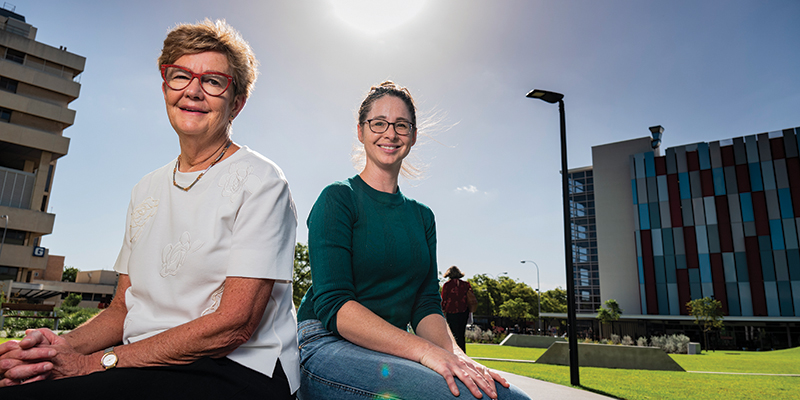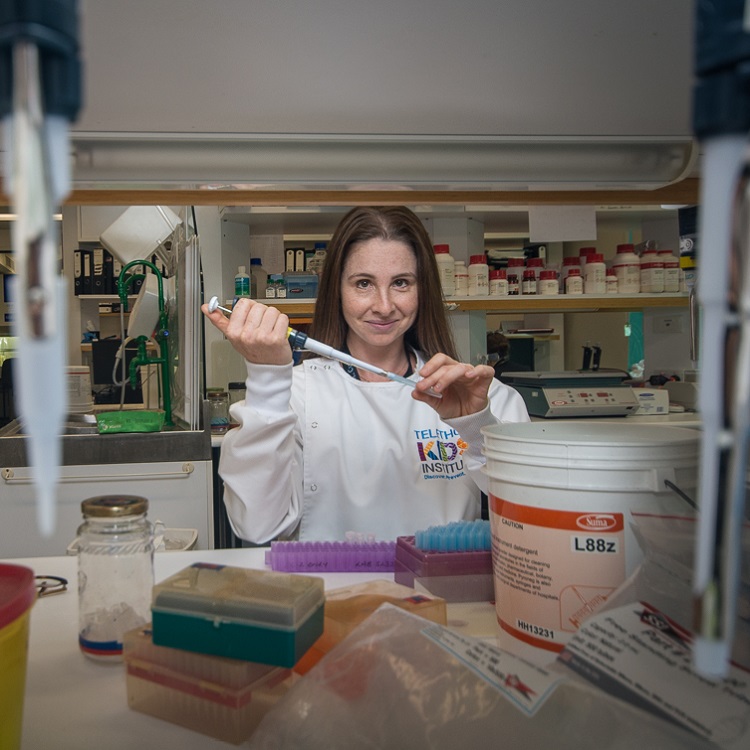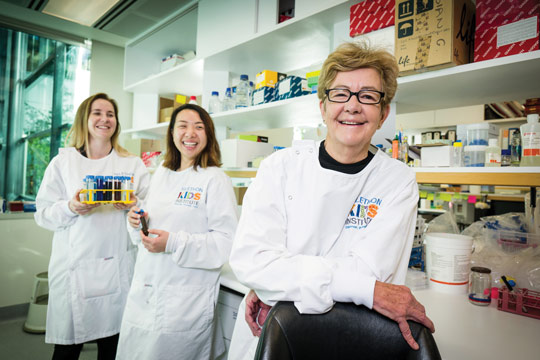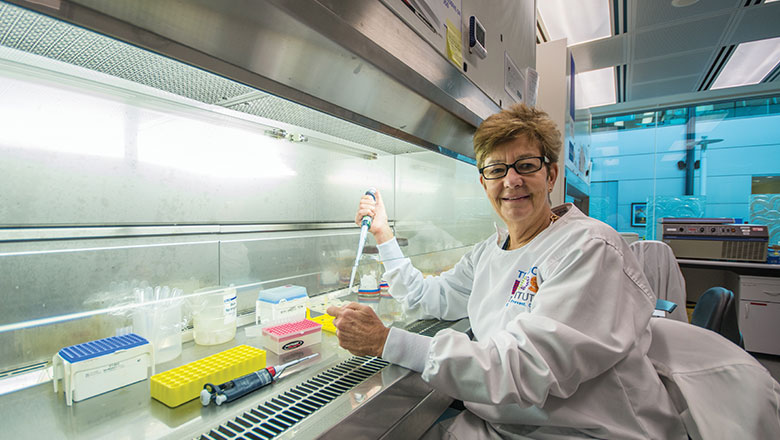Search
Research
Exposure to Solar UVR Suppresses Cell-Mediated Immunization Responses in Humans: The Australian Ultraviolet Radiation and Immunity StudyHigher UVR exposure at antigen sensitization was associated with a reduced delayed-type hypersensitivity response and altered T helper type 17 kinetics
Research
Vitamin D C3-epimer levels are proportionally higher with oral vitamin D supplementation compared to ultraviolet irradiation of skin in mice but not humansThe proportion of 25(OH)D3 that undergoes epimerization is greater with oral vitamin D3 supplementation than exposure to UVR in mice, but not in humans
Research
Ultraviolet irradiation of skin alters the faecal microbiome independently of vitamin D in miceSkin exposure to ultraviolet radiation alters the faecal microbiome, and further investigations to explore the implications of this in health and disease are warranted
Research
Cellular and molecular mechanisms of vitamin D in food allergyEpidemiological evidence from the past decade suggests a role of vitamin D in food allergy pathogenesis
Research
Vitamin D is crucial for maternal care and offspring social behaviour in ratsThese data highlight that early life levels of vitamin D are an important consideration for maternal behavioural adaptations as well as offspring neuropsychiatry

News & Events
Sunny outlook for allergy-prone bubFelix was one of 195 children to take part in Dr Debbie Palmer’s research into sunlight exposure, vitamin D and eczema.

News & Events
Let the sun shine inFor decades Aussies have been told to minimise sun exposure to prevent skin cancer - now researchers at Telethon Kids are challenging that message.

News & Events
Government funding for innovative sun safety online tool for teensThe Kids researcher Dr Shelley Gorman has received a Healthway grant to develop an online tool to promote safe sun behaviours to teenagers.

News & Events
UV and Vitamin DResearchers at The Kids Research Institute Australia are continuing to hone in on the effects of ultraviolet radiation and vitamin D on the immune system.

News & Events
Sun safe: balancing the risks and benefitsThe D-Light program, set up in 2014, aims to shed light on the amount of sun exposure that will promote good health in children and adolescents.
